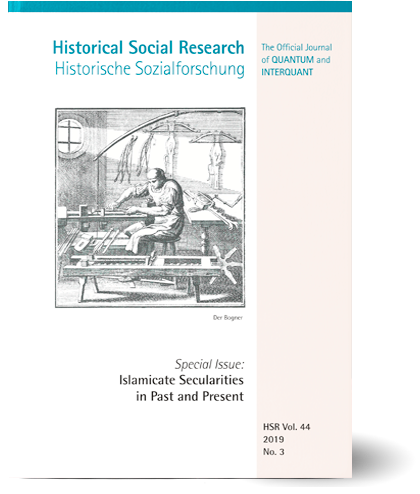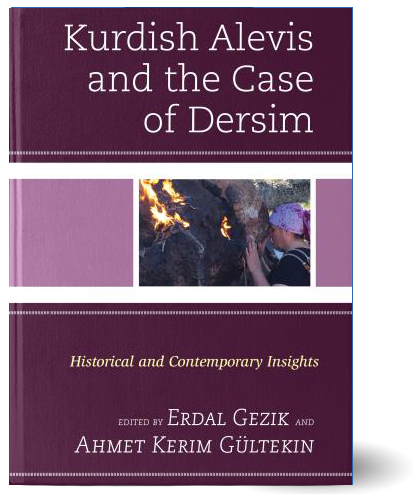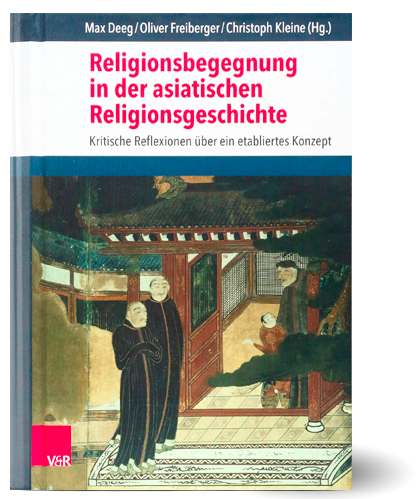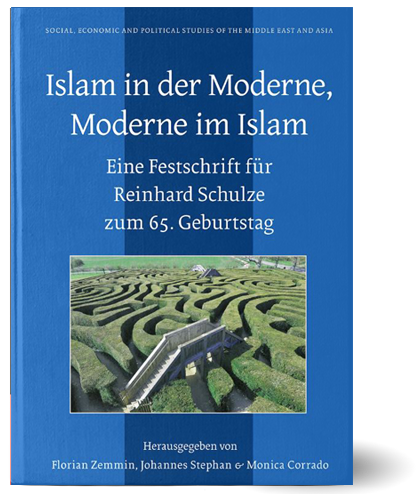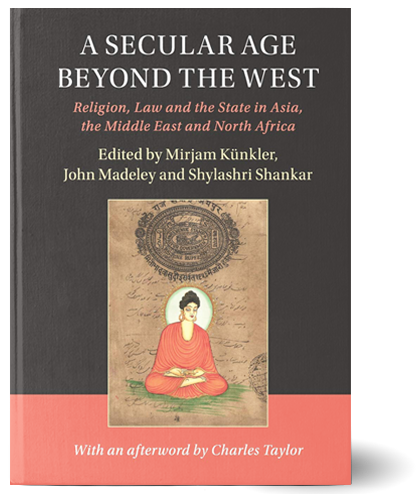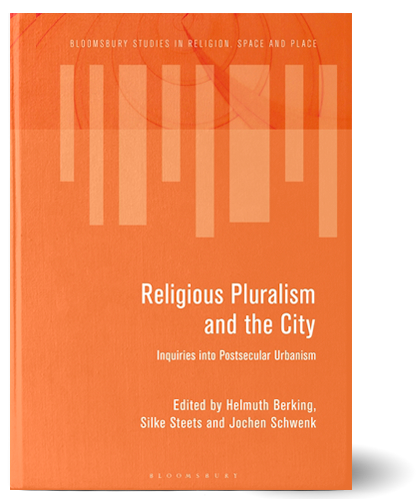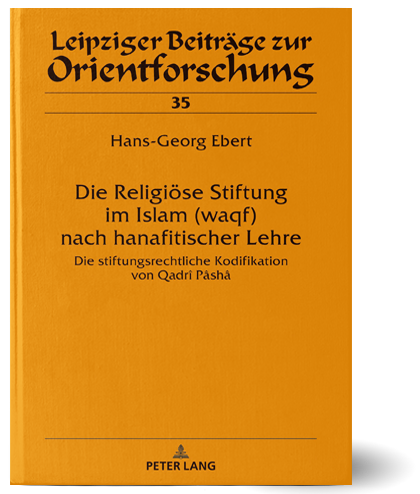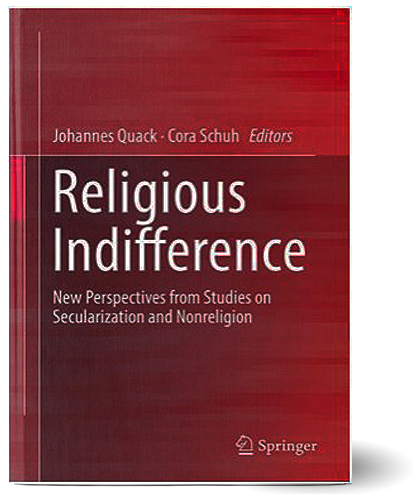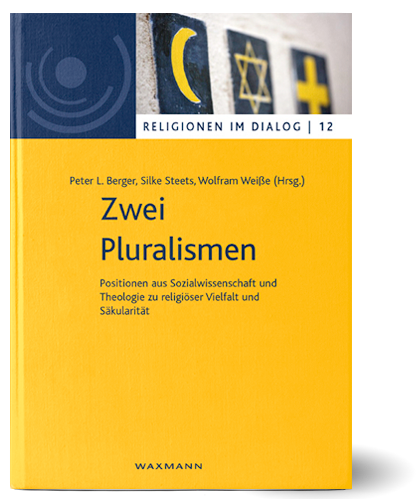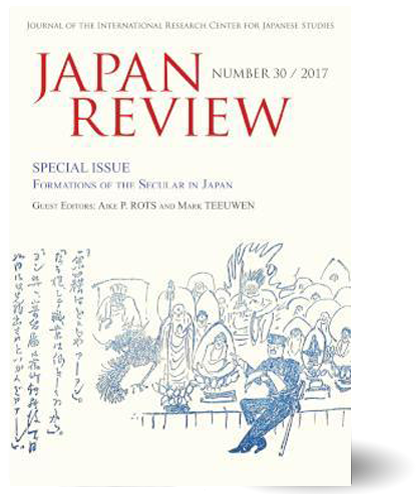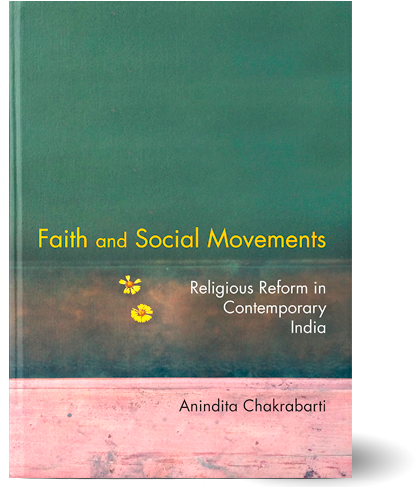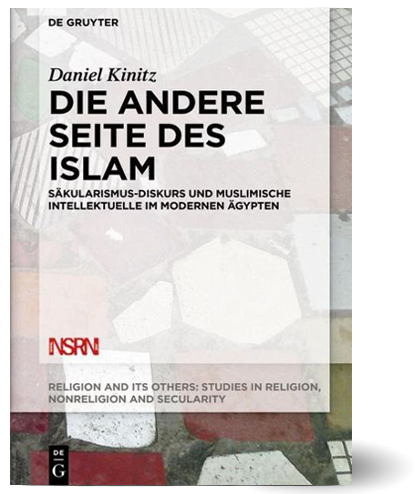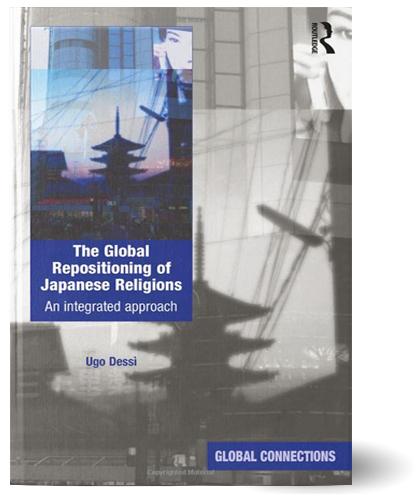
The Global Repositioning of Japanese Religions: An Integrated Approach explores how Japanese religions respond to the relativizing effects of globalization, thereby repositioning themselves as global players. Organized around concrete case studies focusing on the engagement of Japanese Buddhism, Shinto, and several new religious movements in areas such as ecology, inter-religious dialogue, and politics, this book shows that the globalization of Japanese religions cannot be explained simply in terms of worldwide institutional expansion. Rather, it is a complex phenomenon conditioned by a set of pervasive factors: changes in consciousness, the perception of affinities and resonances at the systemic and cultural levels, processes of decontextualization, and a wide range of power issues including the re-enactment of cultural chauvinism.
The author investigates these dynamics systematically with attention to broader theoretical questions, cross-cultural similarities, the definition of religion and the perils of ethnocentrism, in order to develop his Global Repositioning model, which constitutes an integrated approach to the study of Japanese religions under globalization.
An empirically-grounded and theoretically-informed study of the effects of global trends on local religions, this book will appeal to scholars and students with interests in globalization, religious studies, Japanese studies, Hawaii, sociology, anthropology, and ecology.
Dessì, Ugo. The Global Repositioning of Japanese Religions: An Integrated Approach. New York: Routledge, 2017.


